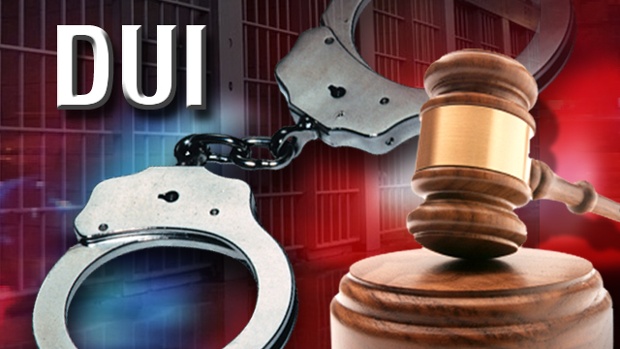
Did you know that over 90% of traffic citations are for minor offenses? When you find yourself facing one, it's crucial to know your options. Understanding whether to plead guilty, no contest, or contest the charges can greatly impact your driving record and insurance rates. Plus, there may be diversion programs available that could help you avoid penalties. Let's explore the best strategies to handle these situations effectively.
When you find yourself facing a minor driving offense, it's important to understand your options and the potential consequences. Minor offenses can include speeding, running a red light, or driving without a license. The repercussions often involve fines, community service, or points on your driving record, which can lead to future complications with your driving privileges. Knowing the legal landscape surrounding these offenses will help you steer through the situation more effectively.
In many cases, minor driving offenses are processed in county court, where civil infractions and misdemeanors are addressed. If you find yourself charged with a misdemeanor, you'll need to appear in court to plead your case. For juvenile offenders, the focus shifts toward rehabilitation rather than punishment, which can impact the penalties imposed. Understanding the jurisdiction and the type of offense you're facing is essential for determining your next steps.
When dealing with a minor driving offense, you might consider hiring a defense attorney. Their expertise can greatly influence the outcome of your case. They can help you understand the legal process and develop tailored defense strategies based on the specifics of your situation. For instance, common defenses might include contesting the allegation that you were operating the vehicle or claiming an emergency forced your actions. An attorney can also negotiate with the prosecution for reduced penalties, which could include alternatives like traffic school instead of harsher fines or points. Furthermore, legal representation is crucial to challenge the prosecution's case effectively and protect minors' constitutional rights throughout the legal process.
The penalties for minor driving offenses can vary widely. Civil infractions generally result in fines and may not carry points against your record. Misdemeanors, however, often incur more severe consequences, including potential community service and points that can accumulate on your driving record. Excessive points can lead to license suspension, which can affect your ability to drive legally in the future.
If you're facing a minor driving offense, it's important to understand the citation you received. Civil citations may allow for diversion programs, while misdemeanor citations typically require a court appearance. During your court appearance, you'll need to decide whether to plead guilty, no contest, or contest the charges. Having legal representation can be invaluable during this process, as they can guide you through courtroom procedures and advocate on your behalf.
Ultimately, the consequences of a minor driving offense can extend beyond immediate penalties. A conviction can lead to a criminal record, which may affect future employment opportunities and other aspects of your life. Thus, it's essential to take these offenses seriously and seek legal counsel to minimize the impact on your future. By understanding your options, steering through the legal process effectively, and leveraging professional expertise, you can handle a minor driving offense more adeptly.
Conclusion
In dealing with minor driving offenses, remember that a stitch in time saves nine. By understanding your options—whether to plead guilty, no contest, or contest the charges—you can effectively navigate the legal landscape. Consulting a defense attorney can provide clarity and potentially lessen penalties. Don't forget to explore diversion programs if available, as they may help keep points off your record and minimize long-term consequences. Stay informed and proactive to safeguard your driving privileges.
